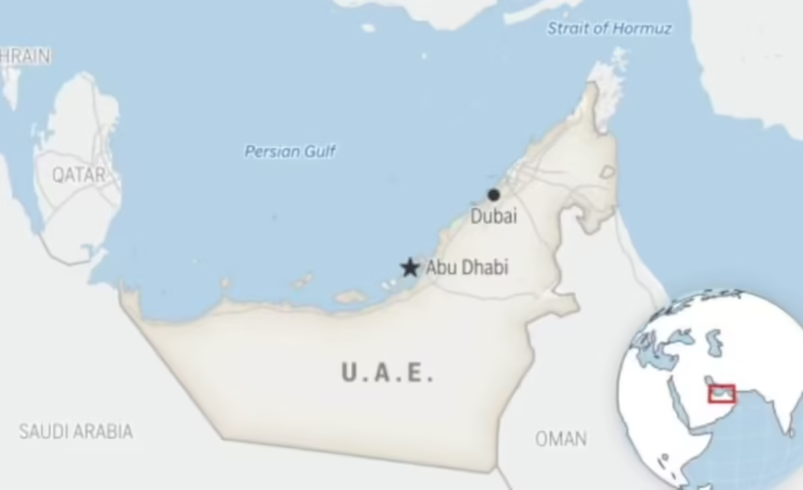Supertankers Reroute Amid Rising Tensions Near Strait of Hormuz
- June 23, 2025
- 0

The recent escalation in Middle East tensions, marked by U.S. military actions against Iran, has led to significant disruptions in global energy logistics. The Strait of Hormuz, a vital maritime passage for oil and gas shipments, is at the center of this geopolitical turmoil. This narrow waterway is crucial for the transportation of a substantial portion of the world’s energy supplies, making it a strategic chokepoint with global economic implications.
In response to the heightened risk of conflict and potential threats to navigation safety, supertankers are altering their routes to avoid the area. This cautious approach by shipping companies highlights the precarious nature of the current situation. The possibility of the Strait’s closure or restricted access has already caused a noticeable spike in oil prices, reflecting market fears over supply disruptions.
The strategic importance of the Strait of Hormuz cannot be overstated. It serves as a conduit for approximately one-fifth of the world’s petroleum consumption. Any interruption in its operation could have far-reaching effects on global energy markets and economic stability. As tensions continue to simmer, stakeholders in the energy sector are closely monitoring developments, aware that any escalation could lead to more severe consequences.
Shipping companies are not only rerouting vessels but also implementing additional safety measures to protect their assets and crews. The geopolitical landscape remains volatile, with potential for further military engagements or diplomatic interventions that could alter the current dynamics.
The situation underscores the interconnectedness of global trade routes and the vulnerability of critical infrastructure to geopolitical conflicts. As such, international efforts may be necessary to ensure safe passage through this essential maritime corridor and to stabilize energy markets affected by these developments.